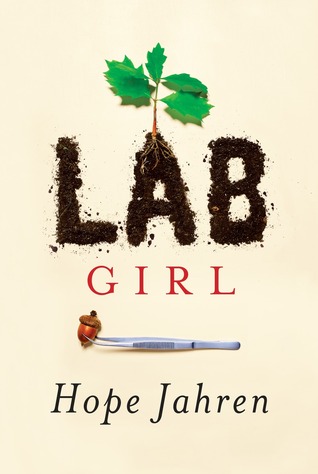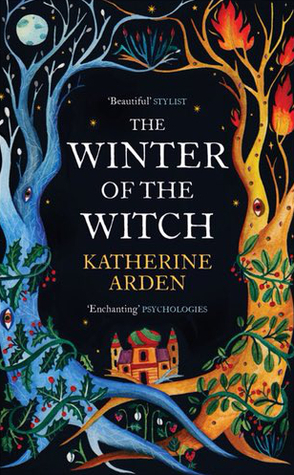
I loved the way she described her pregnancy, childbirth and being a mother. Those pages are filled with the wonder of unconditional, immeasurable love and the horror of the accompanying deepest insecurities and fear. Jahren is an amazing writer. To pull off such a book, which is largely about her life-long fascination and study of trees and other plants, is nothing short of amazing.
She also delves into the intricacies of obtaining scarce grant funding, and the challenges female scientists face in a male-dominated field. This is the first book I've read where a real-life scientist talks about her curiosity-driven research and all the attendant difficulties. Since her work has no military application and does not pursue any pharmaceutical breakthroughs, her ability to secure research funding was unbelievably limited. I loved this book, the writing, the message. It all felt genuine and heartfelt. 5 out 5 stars.

